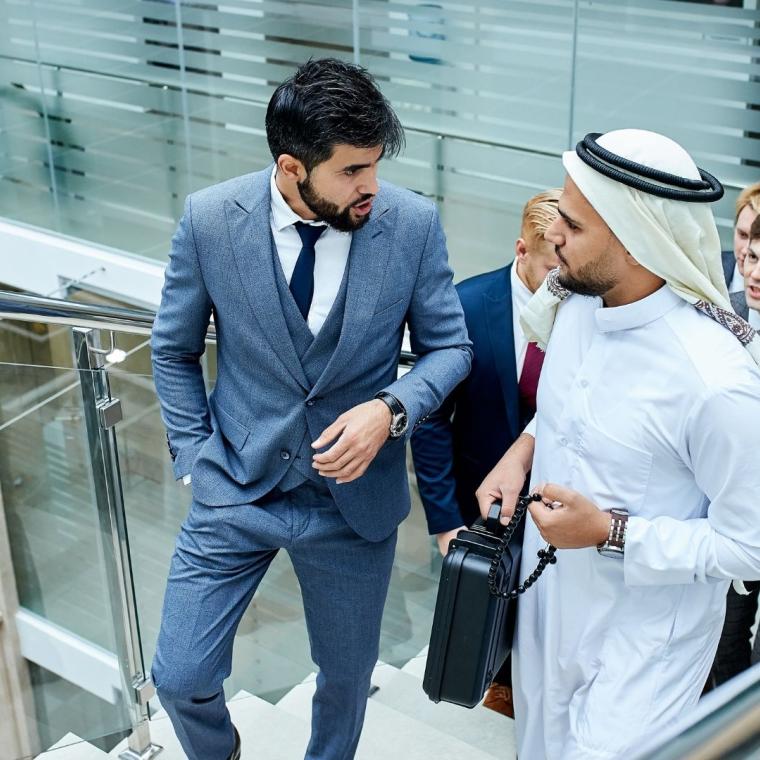
With a focus on sustainable growth, this year's Summit of the Francophone Institute of Financial Regulators (Institut Francophone de la Régulation Financière – IFREFI) took place in Mauritius, providing an opportunity to discuss a number of issues in relation to the Sustainable Development Goals (SDGs) and their importance to Africa.
Among the day's insight, AMEA Regional CEO, Richard Arlove participated in a panel discussion analysing the role that regulators, investors and service providers can play in enabling investments towards the attainment of SDGs.
Richard explained how impact investing is changing the investment dynamics on the continent: “In areas as diverse and critical as infrastructure and food security, private investments with impact are replacing government-to-government assistance.”
Development Finance Institutions (DFIs) are increasingly at the heart of this paradigm shift where corporate governance has become integral to attracting investment flows. For Richard, the governance capital DFIs can harness in financial centres such as Mauritius complements the financial capital that projects require to thrive. Governance, from the perspective of an institutional or private investor, is primarily to ensure that investment funds flow in the desired manner to the right investee companies and back to the investors.
Together with the desired social and environmental benefits encapsulated in the SDGs most relevant to the investee company, impact investing should also aim at crafting an enabling environment that, in turn, will see the emergence of start-ups across a variety of sectors.
“Through initiatives like education, social empowerment and financial inclusion, offshoots to impact investments should grow on a scale large enough to take over from original private equity investors.
"The outcome on SDGs will be even more impactful with that second level and more widespread spillover effect. As a catalytic force, impact funds have the potential to generate virtuous circles,” he added.
Impact investing or investing with SDGs in mind is also changing the way boards look at investment. On boards of companies and funds taking SDGs seriously, the Impact Investment Agenda has taken priority over the internal rate of return.
"An impact committee will assess all investment projects, gauging their feasibility by impact yardsticks before making a recommendation to the Investment Committee," concluded Richard.
A member of the Global Impact Investing Network[1] (GIIN), Ocorian AMEA is at the forefront of the impact investment paradigm, serving some of the industry’s major players and most active DFIs in that space. You can learn more about our range of services available out of Mauritius here.


